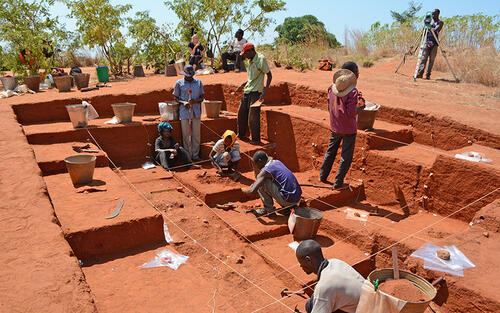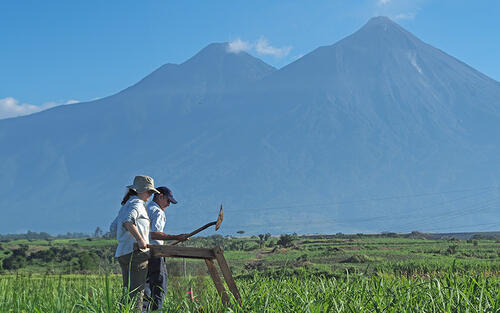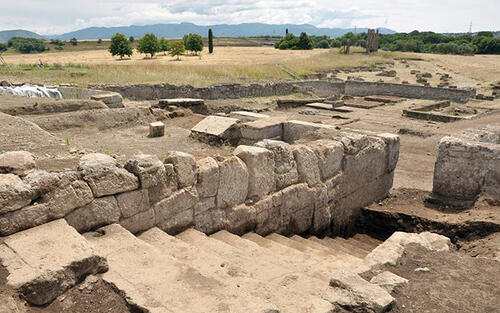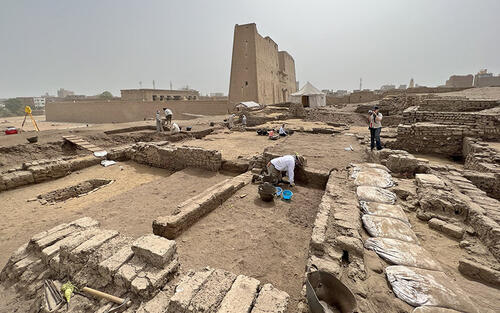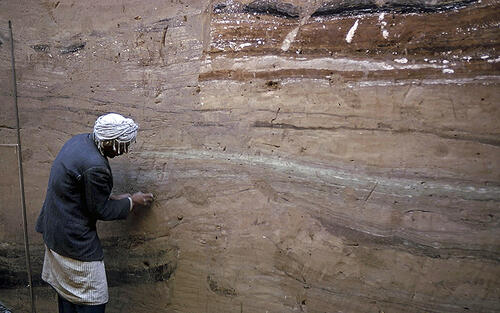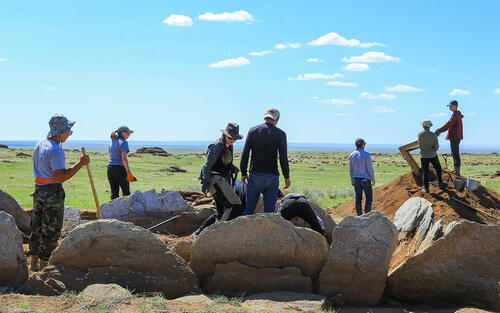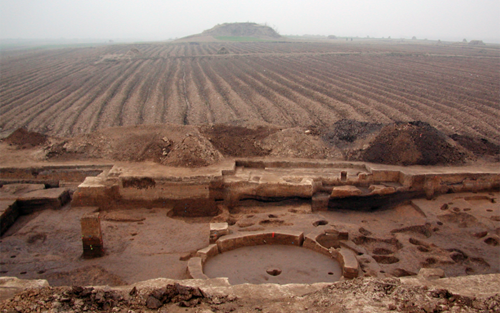Our faculty members conduct archaeological research around the globe and strongly uphold the value of world archaeology, which exposes students to a diversity of geographic regions, research problems, and fieldwork styles.
Within this world-spanning research, there are regions in which our faculty are most engaged:
